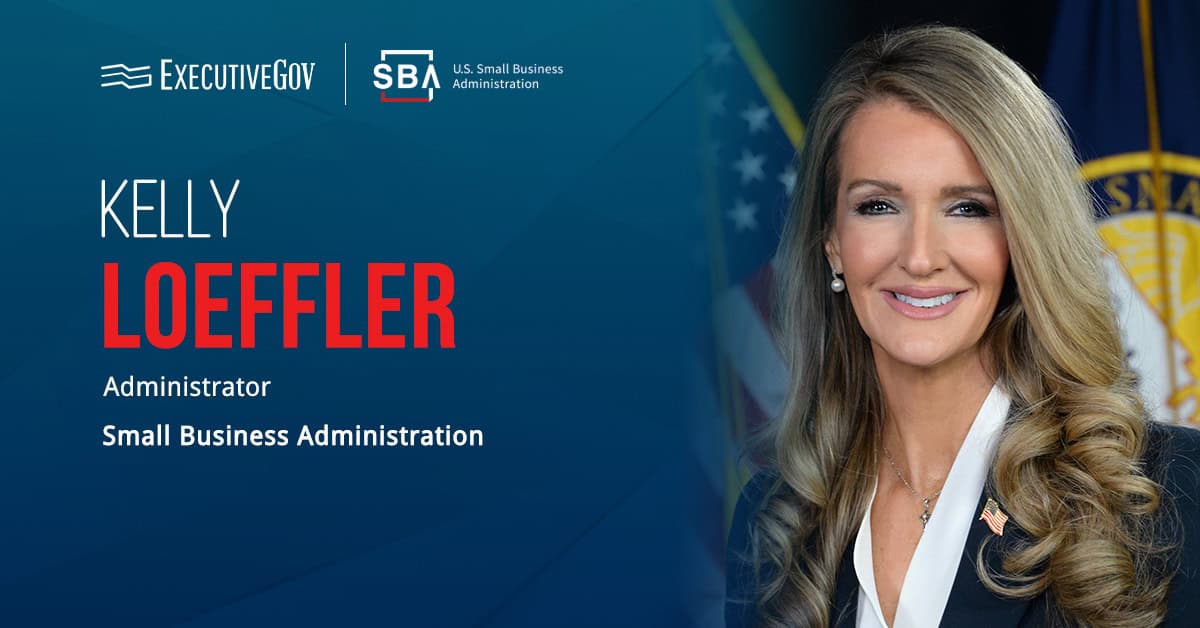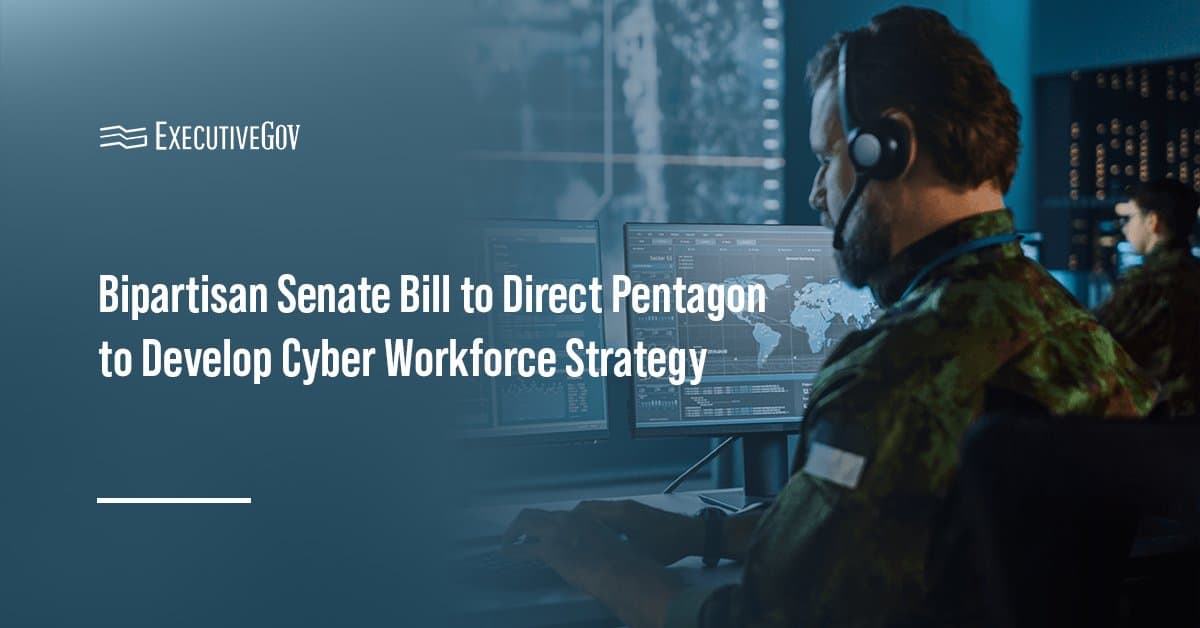The State Department has imposed sanctions on three Chinese organizations for participating in missile technology proliferation activities in violation with the Arms Export Control Act and the Export Administration Act of 1979.
Poly Technologies Inc., China Aerospace Science and Technology Corp. First Academy, and China Aerospace Science and Industry Corp. Fourth Academy are now prohibited from winning U.S. government contracts and exporting and importing technologies in and out of the country, State said in a Federal Register notice Friday.
The sanctions also apply to the three companies’ sub-units and successors. The U.S. agency did not specify what specific activities the sanctioned entities took part in.
According to the Stockholm International Peace Research Institute, China is the fifth largest major arms exporter in the world with the Asian country accounting for 5.2 percent of global exports between 2016 and 2021.





